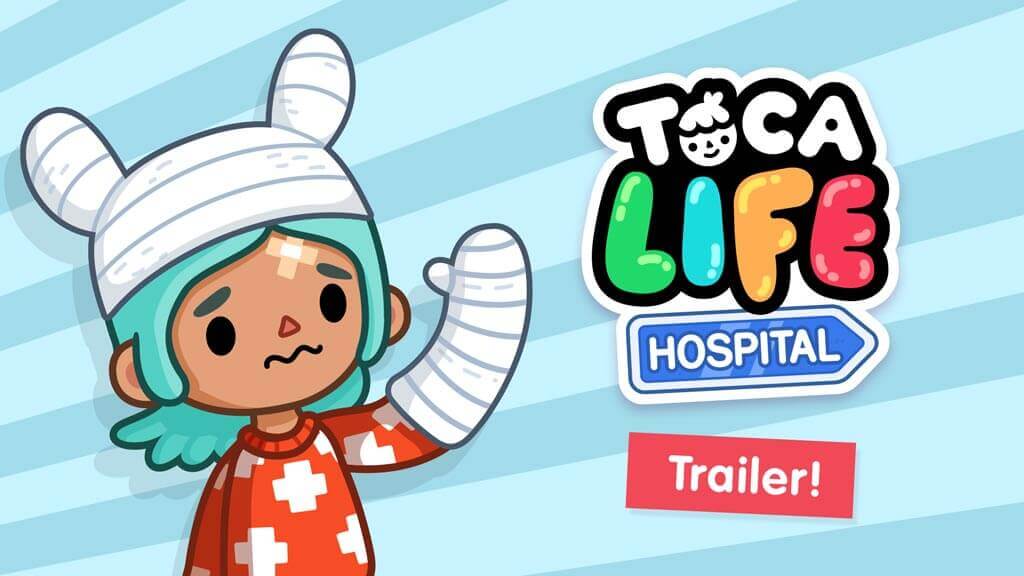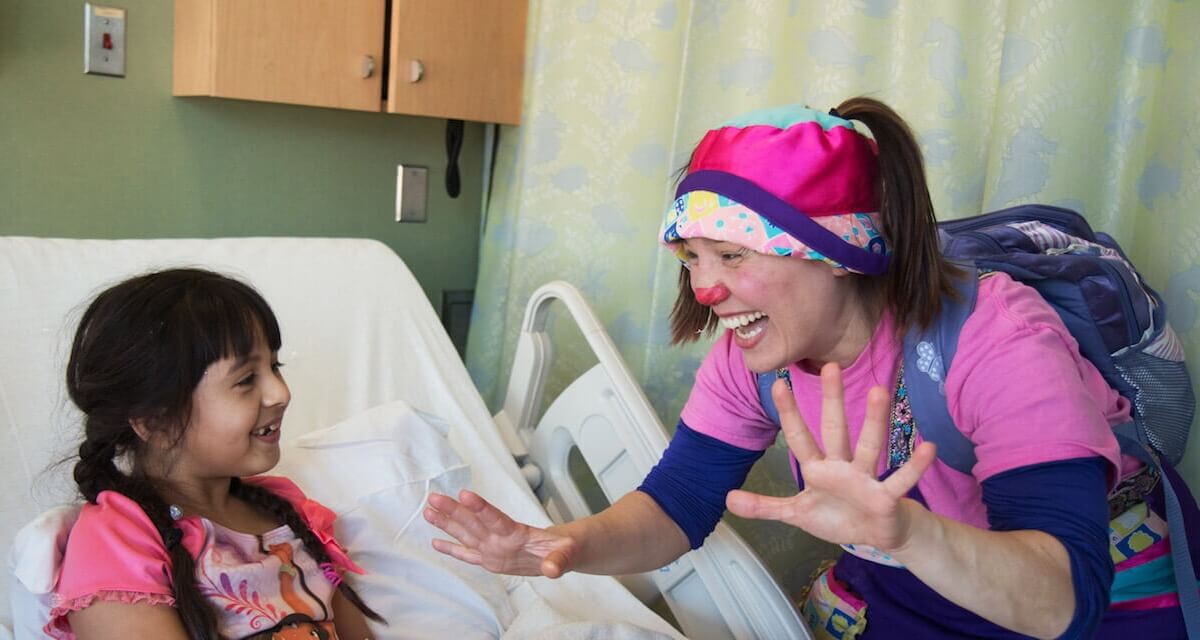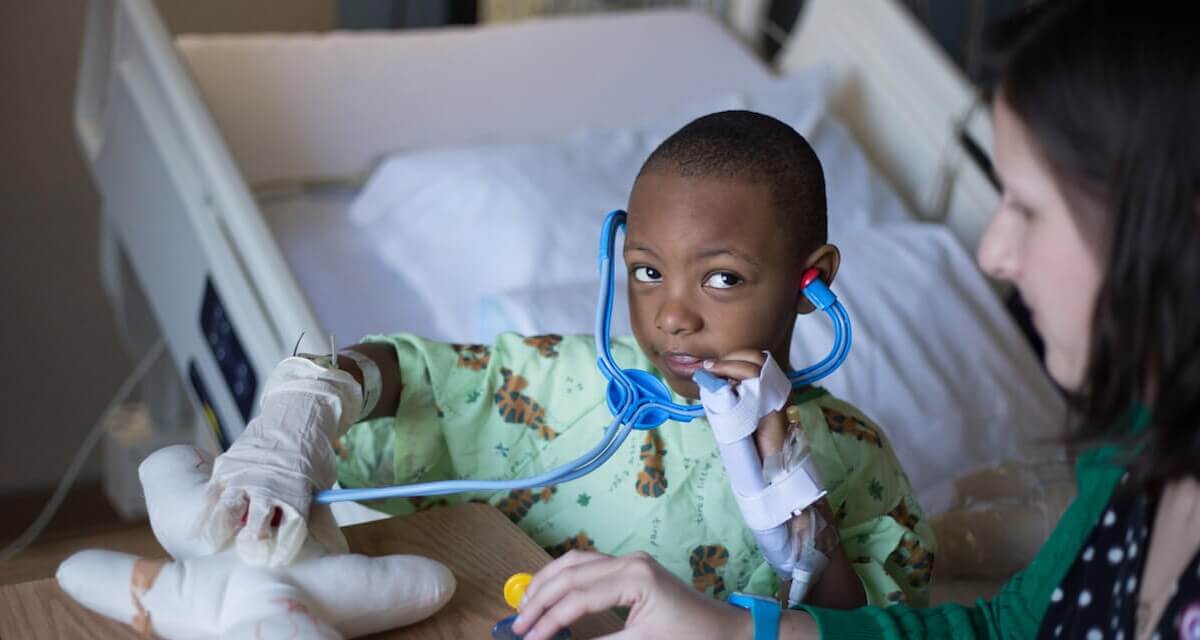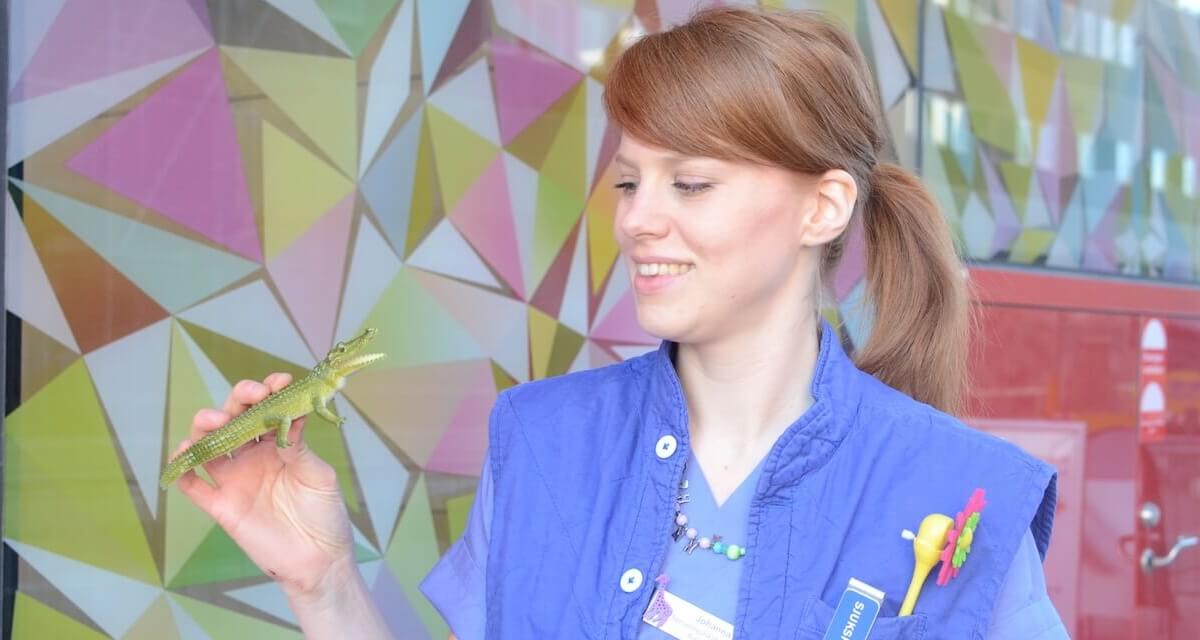Explore your kid's play behaviors through co-play with the Toca Life series.
- By
- Parker Barry
My 10-year-old children may be fraternal twins, but they are extremely different from each other. My son, Quentin, has autism spectrum disorder and ADHD, and he plays very differently from my daughter, Fiona, who has no such diagnoses. As a result, their play styles are completely distinct. In general, Quentin prefers to play with toys by himself. Fiona, on the other hand, prefers to play socially, making characters interact.
Besides their actual birth in a hospital, neither one of my children has had to experience one before (knock wood) — as either a patient or a visitor. However, they are very familiar with their pediatrician’s office, and what doctors do. With this as their knowledge base, I decided to let Quentin and Fiona review Toca Life: Hospital, an open-ended app that allows kids to explore a hospital and the things that go on inside it. Because different apps appeal to different kids, I wanted to explore their differences of opinion.
I was excited to co-play along with them for this little experiment so I could explain some of the unfamiliar things that happen in a hospital. I am grateful that they get to play through the hospital space now, while they are healthy, so if we ever do wind up in a hospital, they’ll be more familiar with the kinds of things that are there.
Fiona’s review
First, I observed my daughter play the app. Fiona immediately loved it, and began making up stories to go with the characters. “This is really realistic,” she commented (as if she was already a hospital expert). “I think it’s a very creative game because there’s a lot of different levels, like… see? There’s an elevator!” I watched her go to different levels, and she explained the different places in the hospital as she got to them. She was very comfortable making up scenarios as she encountered them. Fiona liked exploring the features of the game, such as props and tools, and she almost always incorporated them into the character’s story. She could play like that for hours.
She was very comfortable making up scenarios as she encountered them.
Quentin’s review
Unlike Fiona, Quentin is not conversational. He does not think out loud his thoughts or tell me what he thinks. (Ever.) Which means that I had to base his review totally on observing him play. Quentin’s gameplay was completely different from his sister’s. He liked to touch everything and test everything out. For most of this play session, he played with one character, giving the character things to hold or eat. He was curious to try everything. At one point, he actually ended up pulling the fire alarm and then escaping in the elevator. Quentin liked to play by himself, explore everything once, and then leave. He played with an intensity, using two hands to control things and moving at a fast pace.
He is curious to try everything.
Different play styles, same level of enjoyment
My twins have always been different, but they do both really like playing with Toca Life: Hospital. It just so happens that their play styles are nothing alike. My daughter loves coming up with the story lines that explain what happens in the hospital. My son is more of an adventurer, looking to try things out without any plot or consequences. I love that Toca Life: Hospital, like all apps in the Toca Life series, allows for both styles of play.
I always learn a lot about my children when I observe or co-play with them. In this case, I learned that their digital play behaviors very much mirror their analog play behaviors. Toca Life: Hospital gives them the chance bring their play styles to an unfamiliar location, making it possible to experience a hospital before they’ll need one. I also learned that they don’t really want me to talk or guide them. They both enjoyed playing in their own styles, by themselves, without explanations from me. Do you know how your kids play with games? Take a seat next to them sometime and observe. I bet you’ll learn a lot about who they are.
Melissa Morgenlander, Ph.D., is a children’s media curriculum designer and researcher based in Brooklyn, NY. She has a blog about her experiences with autism and technology and media called The iQ Journals. You can learn more about Melissa from her website, or follow her on twitter @covertcoviewer.










